Head To Head: Yak Chew Vs. Bully Stick
Get ready for the ultimate showdown! In one corner, we have the Himalayan dog chew, also known as the yak chew. In the other corner,
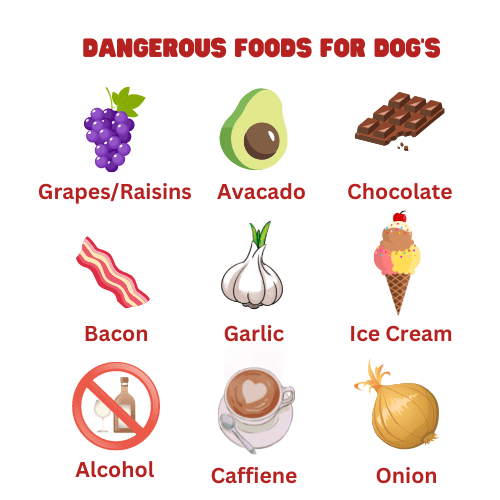

Hey there, fellow dog lovers! We all know that our furry friends are more than just pets – they’re our beloved family members. And let’s be real, they’re also our favorite dinner guests. But did you know that some of our favorite human foods can be seriously dangerous for our canine companions? Yes, even the tastiest treats can be off-limits for our pups. That’s why it’s important to be aware of which foods dogs can’t eat so we can avoid turning our beloved fur babies into furry little guinea pigs.
But don’t worry, we’re not here to judge you for slipping your pup a few scraps from your plate. We’re here to share the scoop on the 12+ foods that are a big no-no for your four-legged friend. So let’s dive into this drool-worthy topic and learn which foods you should avoid feeding your furry BFF – because the only kind of sharing you want to do is a belly rub, am I right?
Listen up, choco-holics! As delicious as chocolate is for us humans, it’s a big no-no for our canine companions. Chocolate contains theobromine and caffeine, which can cause vomiting, diarrhea, heart problems, and even seizures or death in dogs. So if you want to show your pup some love, steer clear of sharing your chocolate treats with them.
But wait, it’s not just the chocolate bars and truffles you need to worry about. Chocolate can also be found in other products like cakes, cookies, and even some peanut butter brands. So always check the label and make sure the product is free of chocolate before giving it to your dog.
Don’t worry, you don’t have to deprive your pup of all the sweet stuff. There are plenty of dog-friendly treats out there that they’ll love just as much. From peanut butter biscuits to sweet potato chips, there’s no shortage of delicious and safe options for your furry friend. So save the chocolate for yourself and give your pup something they can really sink their teeth into!
If you want to learn more specifically on the effects of chocolate on your furry friend, check this out!
Grapes and raisins may be tiny, but they can pack a big punch when it comes to harming our furry friends. Even a small amount of grapes or raisins can cause kidney failure in dogs, which can be life-threatening. It’s not yet clear what exactly causes this reaction, so it’s best to avoid feeding your dog grapes or raisins altogether.
But what about foods that contain grapes or raisins, like trail mix or some types of baked goods? It’s always best to err on the side of caution and avoid feeding these to your dog. Check the label for any grape or raisin content, and if you’re not sure, it’s better to play it safe and skip it.
So what can you give your pup instead? Fruits like apples, bananas, and berries can make a sweet and healthy snack for your dog. Just remember to remove any seeds or pits first, and always check that the fruit is safe for dogs to eat. Or, you can always spoil your dog with some store-bought dog treats that are specifically formulated to be safe and delicious for our four-legged friends.
Onions and garlic may add some serious flavor to our meals, but they can cause serious harm to our furry friends. Both onions and garlic contain compounds that can damage a dog’s red blood cells, leading to anemia and other health problems. The amount of onion or garlic needed to cause harm can vary depending on the size of your dog and the form of the food, but it’s best to avoid feeding these foods to your pup altogether.
It’s not just raw onions and garlic that are the problem. Cooked onions and garlic, as well as powders or other forms, can also be harmful to dogs. So be sure to check the ingredients list of any human food before giving it to your dog.
But don’t worry, there are plenty of safe and tasty seasonings that you can use to spice up your dog’s meals. Herbs like parsley, basil, and oregano can add some great flavor without any harmful effects. And if you’re looking for a ready-made option, there are plenty of dog-friendly seasonings and flavorings available at pet stores and online.
Remember, just because something is safe for humans to eat doesn’t mean it’s safe for our furry friends. Stick to foods that are specifically designed for dogs, or that you know for sure are safe for them to eat, and you’ll be giving your pup the best possible chance at a long, happy, and healthy life.
Avocado toast may be all the rage for us humans, but it’s not a good idea to share your avo-loving ways with your pup. Avocado contains persin, which can be toxic to dogs in large quantities. While small amounts of avocado are usually safe, it’s best to avoid feeding your dog any part of the avocado, including the flesh, pit, and skin. And it’s not just guacamole and avocado toast that you need to watch out for. Avocado can be found in some dips, dressings, and even pet foods, so be sure to check the label before giving any food to your dog.
But fear not, there are plenty of other fruits and veggies that your dog can enjoy without any harm. Some safe options include bananas, blueberries, carrots, and green beans. Or, you can always opt for some dog-specific treats that are formulated to be both safe and delicious for our furry friends.
So, save the avocados for yourself and give your pup something else to snack on – they’ll thank you for it!
Xylitol is a sugar substitute that’s commonly found in sugar-free gum, candies, and baked goods. While it’s safe for humans to consume, it can be extremely dangerous for dogs. Xylitol can cause insulin release in dogs, which can lead to hypoglycemia (low blood sugar). Symptoms can include vomiting, loss of coordination, seizures, and even death.
As little as a few sticks of xylitol-containing gum can be toxic to a small dog, so it’s important to keep all sugar-free products out of reach of your furry friend. And it’s not just gum and candy that contain xylitol – it can also be found in some peanut butters and other spreads, so be sure to read the label carefully.
So what can you give your dog instead? There are plenty of dog-friendly treats available that are made with safe and healthy ingredients. Or, you can opt for natural treats like carrots or green beans, which can be a healthy and delicious option for your furry friend.
Remember, xylitol is a serious threat to your dog’s health, so always be vigilant when it comes to checking ingredient labels and keeping any xylitol-containing products out of reach. Your pup’s health and safety depend on it!
While we’ve covered some of the most common foods that are dangerous for dogs, there are a number of other human foods that can cause harm as well. Some of the other foods to avoid include:
🦴 Caffeine: Found in coffee, tea, energy drinks, and other products, caffeine can cause restlessness, rapid breathing, heart palpitations, muscle tremors, and more.
🦴 Alcohol: Even small amounts of alcohol can be dangerous for dogs, leading to vomiting, diarrhea, difficulty breathing, and even coma or death.
🦴 Bones: While it may seem like a natural treat for your dog, bones can actually be dangerous. Cooked bones can splinter and cause blockages or punctures in your dog’s digestive system
🦴 Fatty foods: Foods like bacon, sausage, and other high-fat items can cause pancreatitis in dogs, leading to vomiting, diarrhea, and other serious health issues.
🦴 Dairy: While small amounts of dairy are usually okay, large amounts can cause digestive issues like diarrhea and upset stomach.
Remember, just because a food is safe for humans to eat doesn’t mean it’s safe for dogs. When in doubt, stick to dog-specific treats and foods that are designed to be safe and healthy for your furry friend. And if you ever suspect that your dog has eaten something they shouldn’t have, don’t hesitate to contact your veterinarian right away.
We hope you’ve found this guide to foods dogs can’t eat both informative and entertaining. While it’s important to be aware of the foods that can be harmful to our furry friends, we don’t want you to feel guilty or stressed out about what you’re feeding them. With so many dog-friendly treats and foods available, it’s easy to keep your pup happy and healthy without sacrificing any of the fun.
Just remember to always check ingredient labels, keep potentially harmful foods out of reach, and pay attention to any signs that your dog may be experiencing an adverse reaction. And of course, don’t forget to spoil your furry friend with plenty of love and attention – because at the end of the day, that’s what matters most.
Thanks for reading, and we hope you and your pup enjoy many happy and healthy years together!
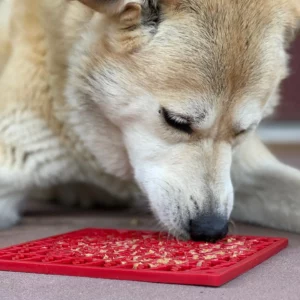
By following these bonus tips and keeping an eye on the foods your dog should avoid, you can help ensure that your furry friend stays happy, healthy, and out of trouble. Because at the end of the day, your dog is your best friend – and you wouldn’t want to give your best friend a bellyache, would you?
Get ready for the ultimate showdown! In one corner, we have the Himalayan dog chew, also known as the yak chew. In the other corner,
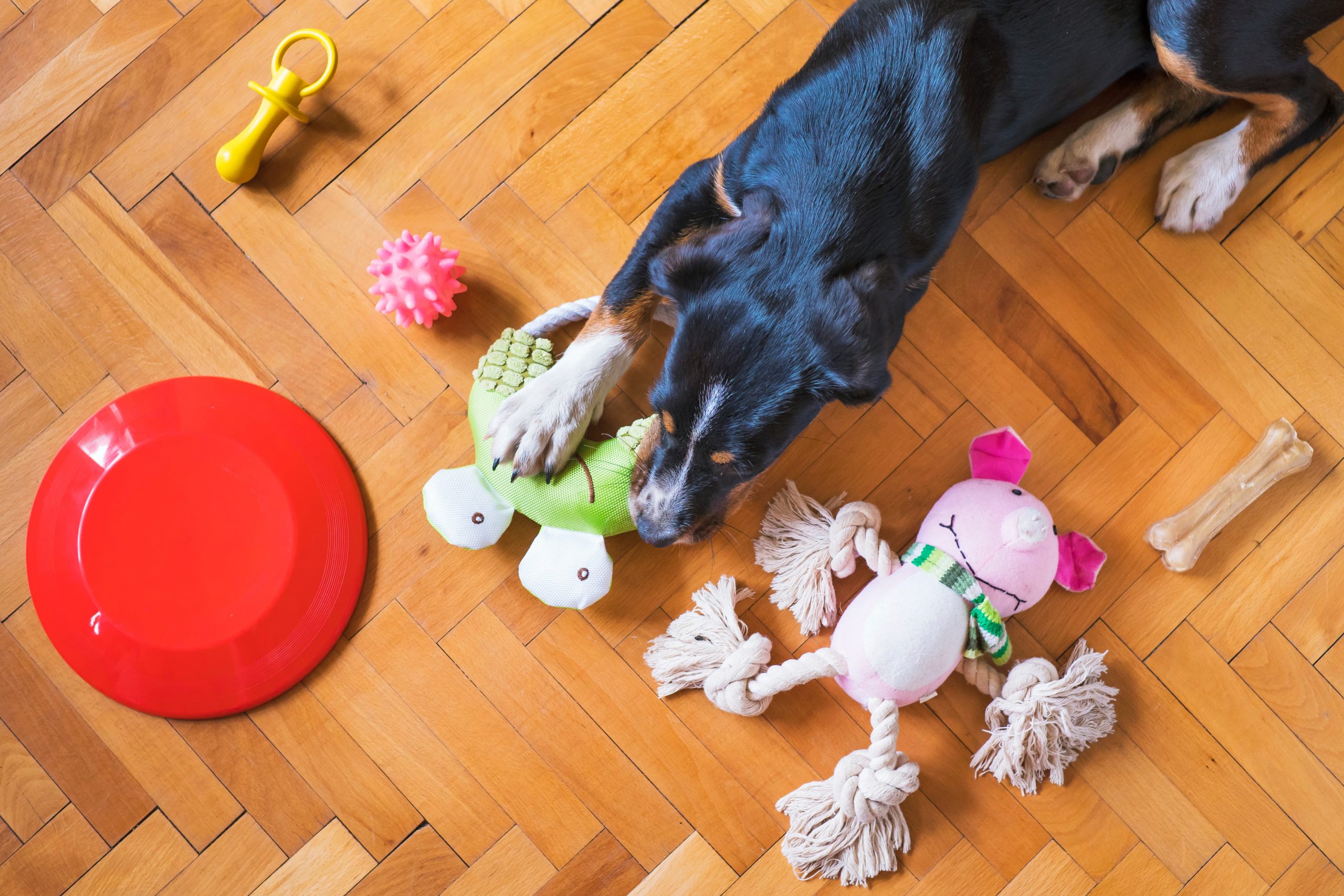

Are Dog Subscription Boxes With It In 2023? Who doesn’t love spoiling their furry friend with a fun monthly surprise? Dog subscription boxes have become
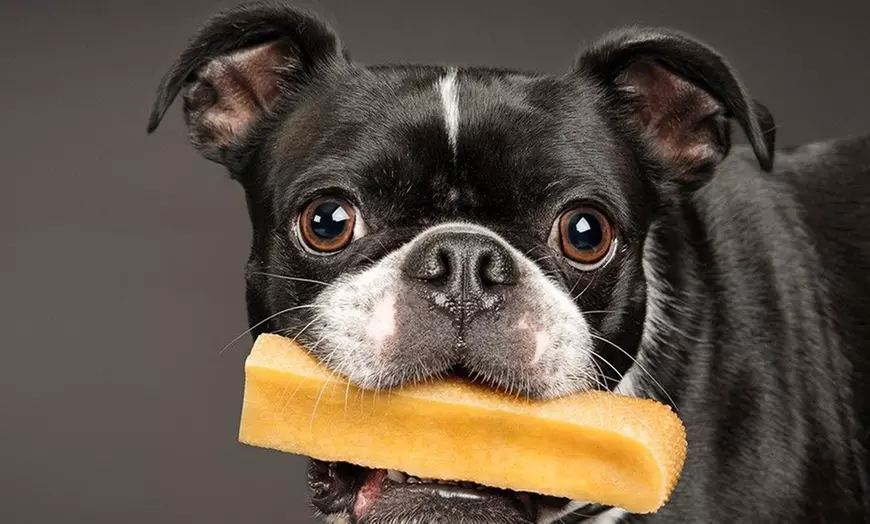
As pet owners, we’ll do just about anything to keep our furry friends happy and healthy. And if that means giving them a piece of
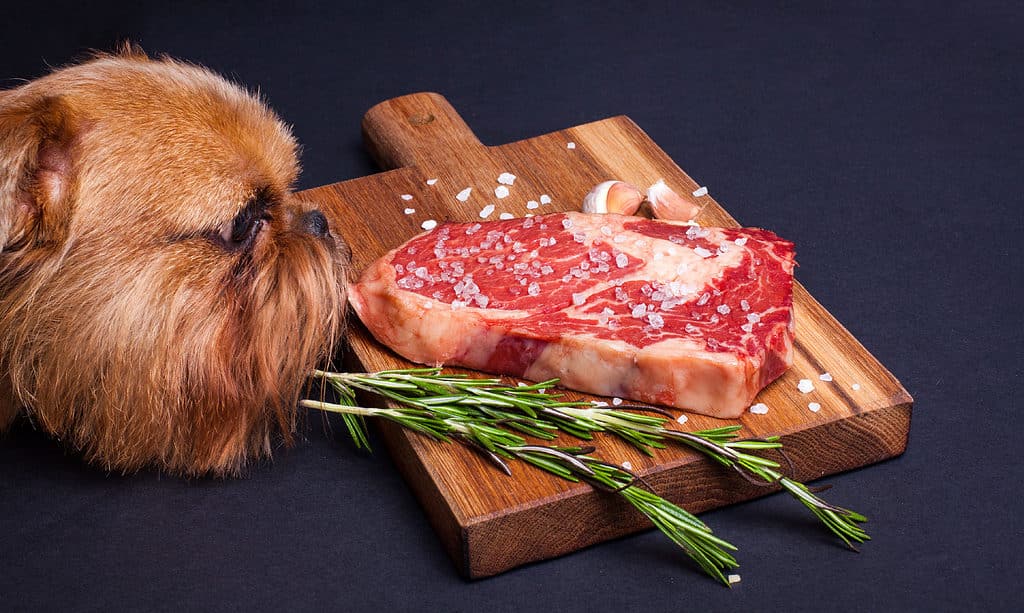

Who says you can’t share your food with your furry friend? Dogs are more than just pets – they’re members of our family, and we
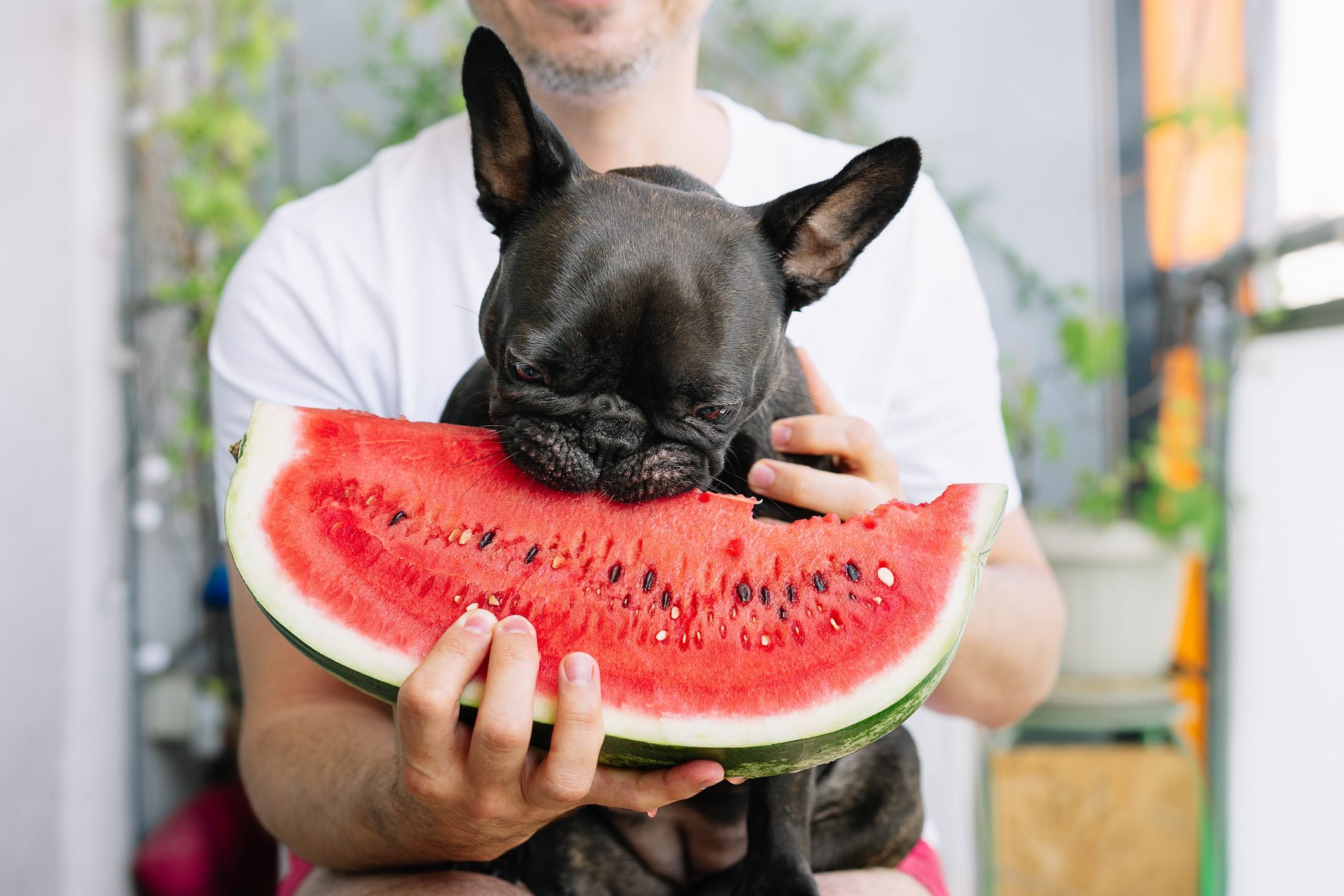

Hey there, fellow dog lovers! We all know that our furry friends are more than just pets – they’re our beloved family members. And let’s
Subscribe to our Newsletter, get special offers and hear about awesome dog stuff.
© 2022, WoofCrate™ All Rights Reserved
Terms & Privacy.

